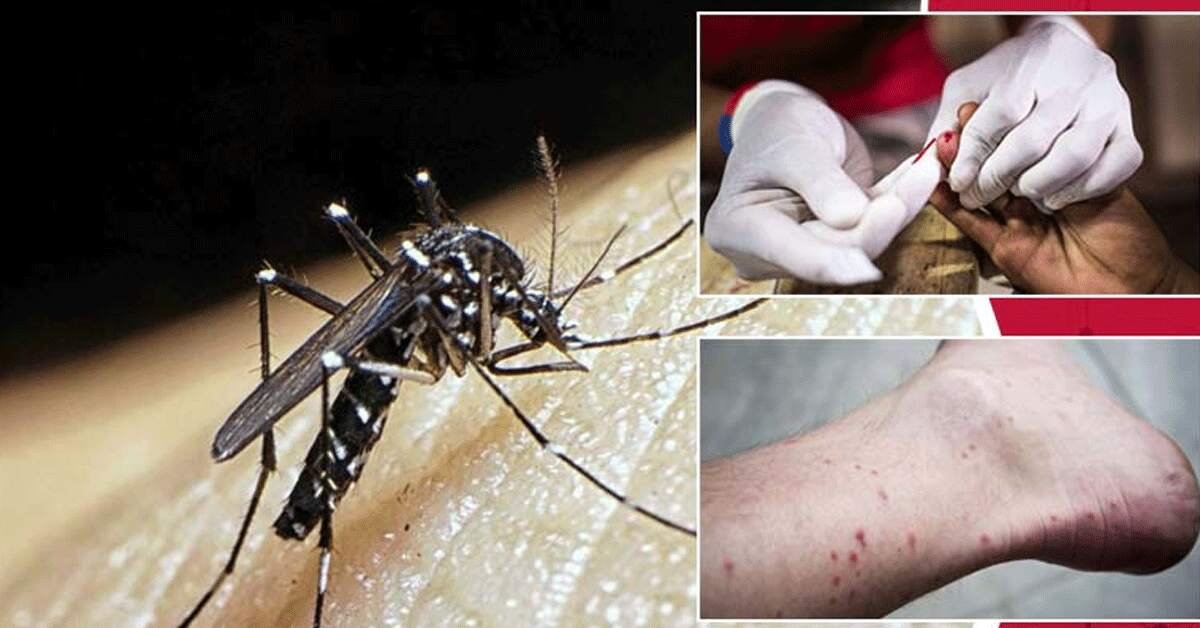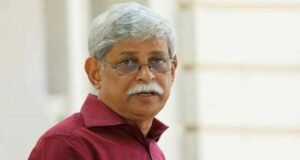
Although the rate of dengue is increasing day by day in the country, four districts of the country are still free from dengue. Out of the country’s 64 districts, the four districts that are dengue-free so far are Gopalganj, Chuadanga, Sunamganj and Habiganj.
Dengue has spread in 60 districts of the country due to not giving effective importance to prevention. Public health experts say that the dengue situation is getting complicated. People are getting infected with multiple types of dengue at the same time. And entomologists say, due to the continuous deterioration of the situation, there is a risk of dengue affecting a large number of people this time.
According to the information provided by the Health Emergency Operation Center and Control Room of the Department of Health, six people died of dengue in the country from last Saturday morning to Sunday morning, which is the highest number of deaths in a single day this year. With this, the number of deaths due to dengue increased to 73 this year. And the number of patients admitted to public and private hospitals due to dengue this year is 12 thousand 954.
Analyzing the data of the Department of Health, it has been found that among the 60 districts in the country, the four districts that are dengue-free so far are Gopalganj, Chuadanga, Sunamganj and Habiganj.
Several surveys of the disease control branch of the Department of Health have shown that there are more Aedes mosquitoes carrying dengue in Dhaka this year than last year. In this regard, entomologist and Jahangirnagar University Zoology Department Professor Kabirul Bashar said, in the mosquito survey, they found the existence of Aedes mosquitoes almost all over the country. Dengue is not only a problem of Dhaka city, it is now a problem of the entire country. The number of infected in the first six months of the year is much higher than at any time in the past. As no effective prevention measures have been taken, there is a risk of the infection multiplying during August-September.
Public health experts say dengue is nearly impossible to eradicate. Once a dengue outbreak occurs in a region or country, it does not go away. However, there are global precedents for keeping dengue under control with effective measures.
Dengue first spread widely in the country in 2000. Since then people are getting infected with dengue every year. Every year, talk and discussion about dengue starts after the number of cases or deaths increases during the monsoon season. Some measures have been taken by the government to apparently solve the problem, working on a very temporary basis. When the dengue season is over, the Aedes mosquito is no longer on the minds of government officials.
 Weekly Bangla Mirror | Bangla Mirror, Bangladeshi news in UK, bangla mirror news
Weekly Bangla Mirror | Bangla Mirror, Bangladeshi news in UK, bangla mirror news







